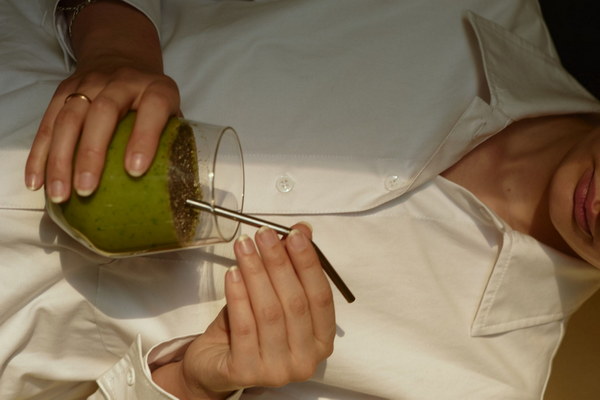Harmonizing Body and Mind A Comprehensive Guide to TCM Organ and Sensory System Health
In the realm of Traditional Chinese Medicine (TCM), the concept of organ and sensory system health is deeply rooted in the belief that the body is an intricate network of interconnected systems. This article delves into the essential principles of TCM organ and sensory system health, offering practical advice to achieve balance and vitality.
The five organs in TCM are the heart, liver, spleen, lung, and kidney, each corresponding to a specific sensory organ—eye, ear, mouth, nose, and skin, respectively. Maintaining the harmony of these organs is crucial for overall well-being.
1. Heart and Eye
The heart is the seat of consciousness, and the eyes are the windows to the soul. In TCM, the heart governs the eyes, and a healthy heart ensures clear vision. To nurture the heart and eyes, follow these tips:
- Eat a balanced diet rich in fruits, vegetables, and whole grains.
- Practice meditation and breathing exercises to calm the mind and reduce stress.

- Engage in activities that promote creativity and emotional expression, such as painting, music, or gardening.
- Get adequate sleep to allow the heart to rest and regenerate.
2. Liver and Ear
The liver is responsible for filtering blood and storing blood during periods of rest. The ears are the sensory organ connected to the liver, and a healthy liver ensures good hearing. Here are some ways to care for the liver and ears:
- Limit alcohol consumption and avoid smoking.
- Engage in activities that promote relaxation, such as yoga or tai chi.
- Eat foods that support liver health, such as leafy greens, nuts, and seeds.
- Get regular acupuncture or herbal therapy to balance the liver's energy.
3. Spleen and Mouth
The spleen is responsible for transforming food into nutrients and transporting them throughout the body. The mouth is the sensory organ associated with the spleen, and a healthy spleen ensures proper digestion and a healthy appetite. Try these tips to nurture the spleen and mouth:
- Eat a well-balanced diet, including a variety of colorful vegetables and lean proteins.
- Practice proper chewing techniques to aid digestion.
- Avoid overeating and eating too quickly.
- Engage in activities that promote relaxation, such as walking or tai chi.
4. Lung and Nose
The lungs are responsible for respiration and the nose is the sensory organ associated with the lungs. A healthy lung ensures proper breathing and a strong immune system. Here are some ways to care for the lung and nose:
- Avoid exposure to pollutants and allergens.
- Engage in regular exercise, such as walking, running, or swimming.
- Practice deep breathing exercises to strengthen the lungs.
- Eat foods that support lung health, such as ginger, garlic, and onions.
5. Kidney and Skin
The kidneys are responsible for filtering waste products from the blood and regulating fluid balance. The skin is the sensory organ associated with the kidneys, and a healthy kidney ensures smooth, clear skin. To nurture the kidney and skin, consider the following:
- Stay hydrated by drinking plenty of water.
- Eat a diet rich in antioxidants and omega-3 fatty acids to support kidney health.
- Get adequate sleep to allow the kidneys to rest and regenerate.
- Practice self-massage techniques to promote blood circulation and skin health.
In conclusion, TCM organ and sensory system health is a comprehensive approach to achieving balance and vitality. By following the principles outlined in this article, you can enhance your overall well-being and enjoy a healthier, happier life.









